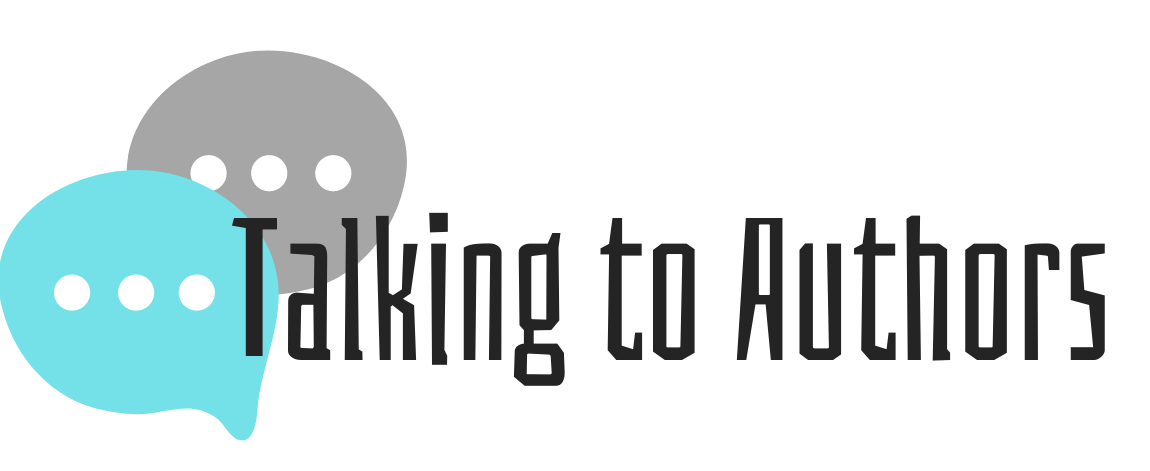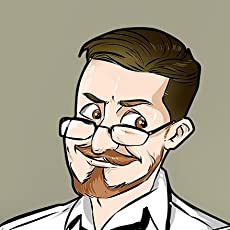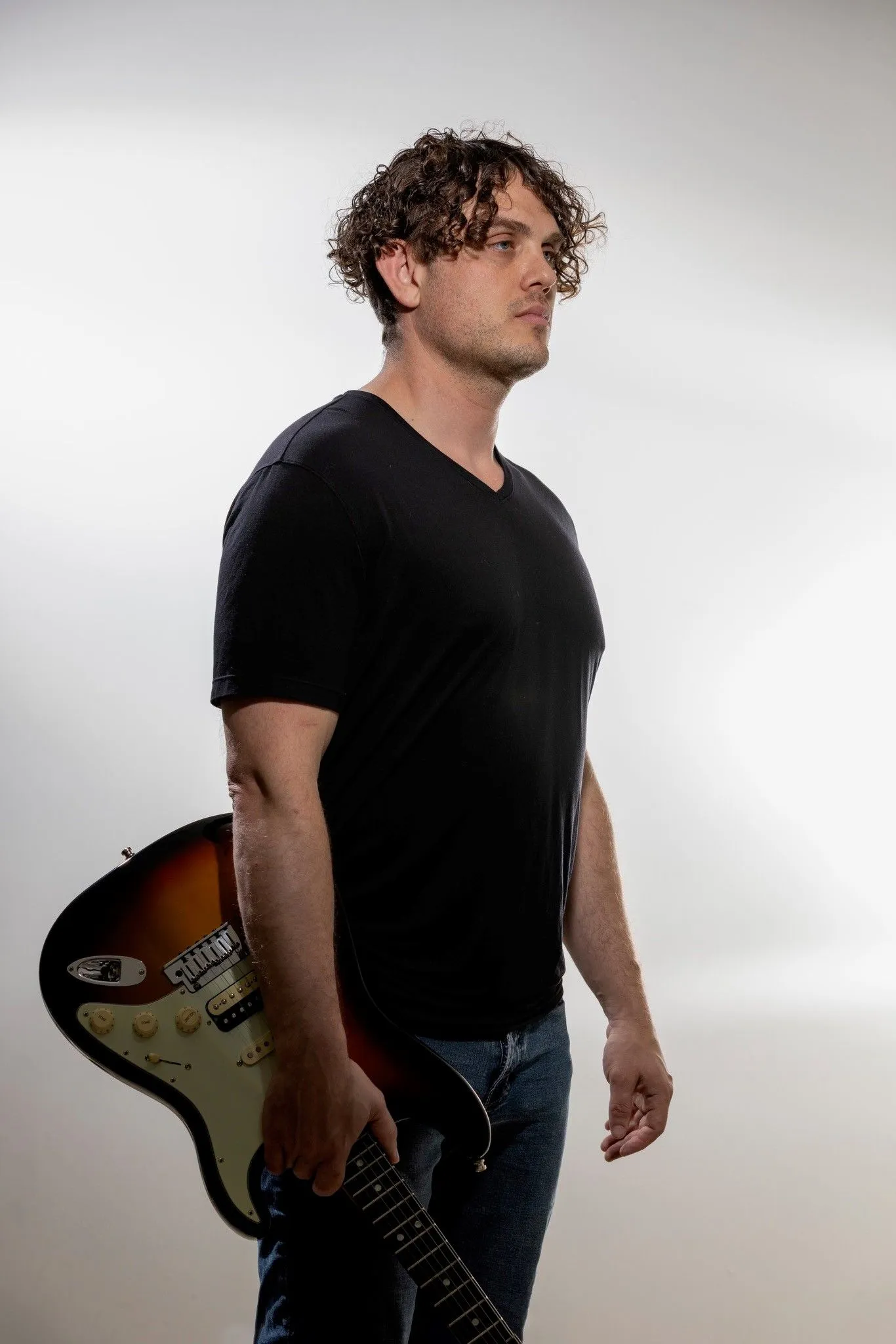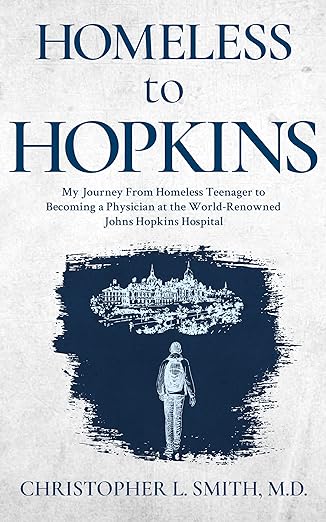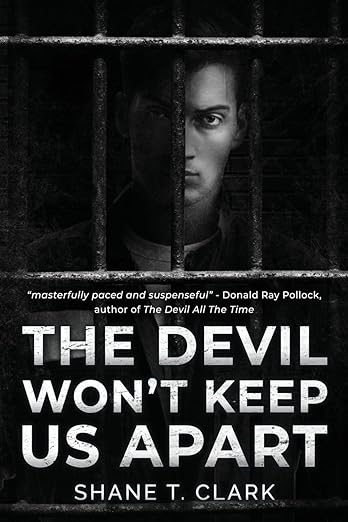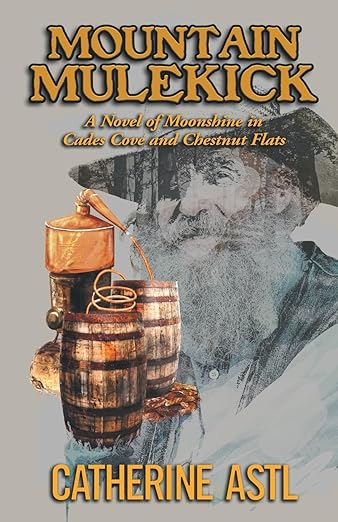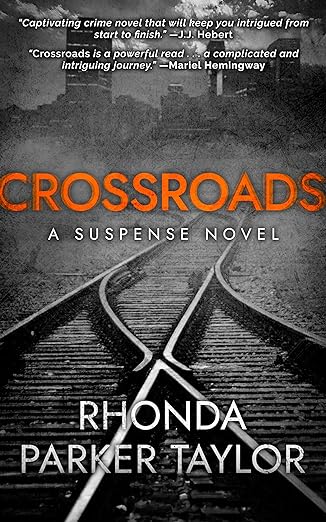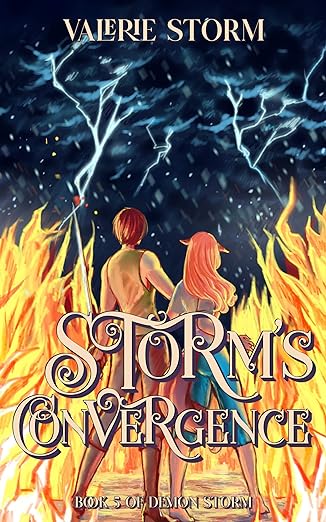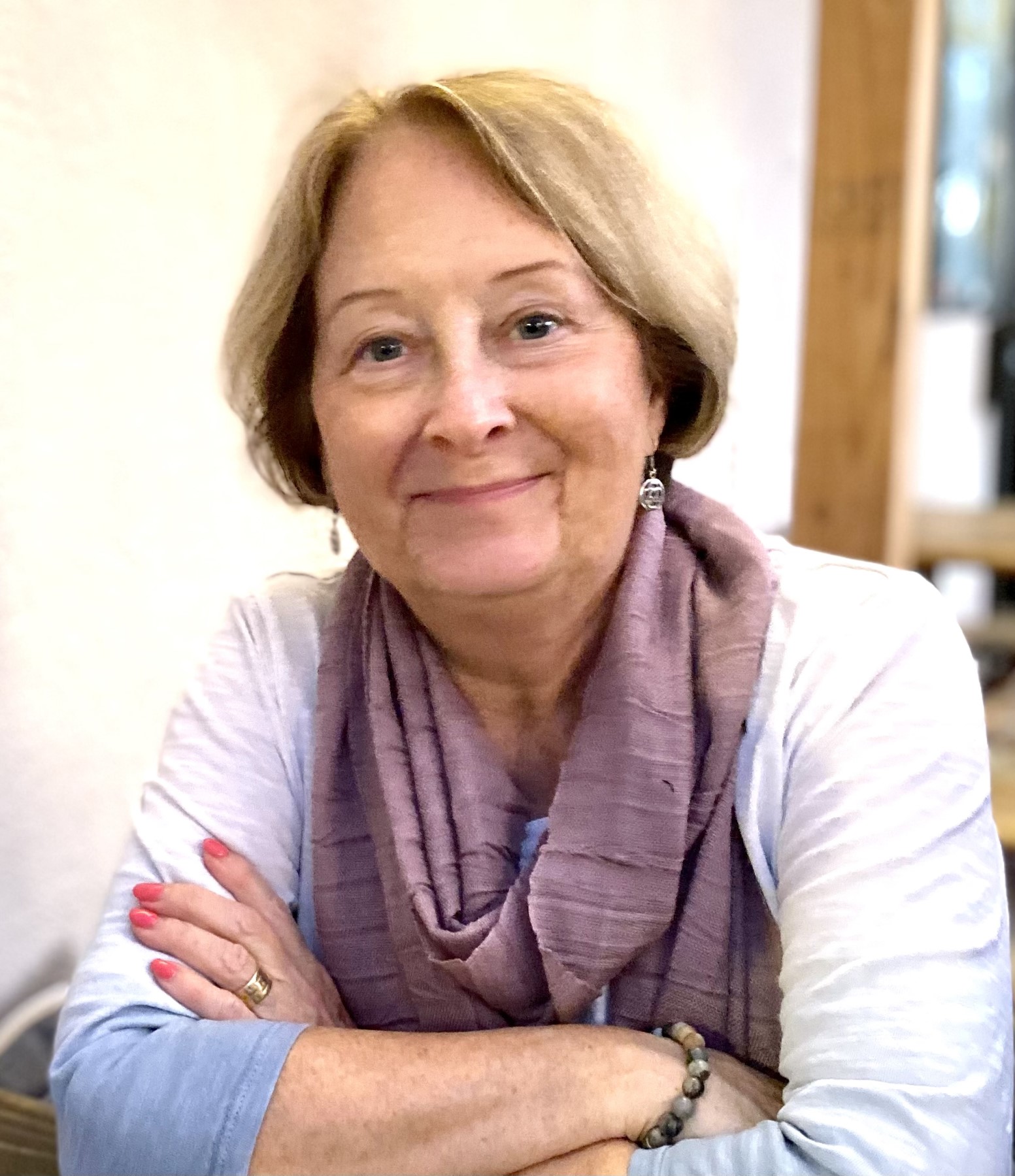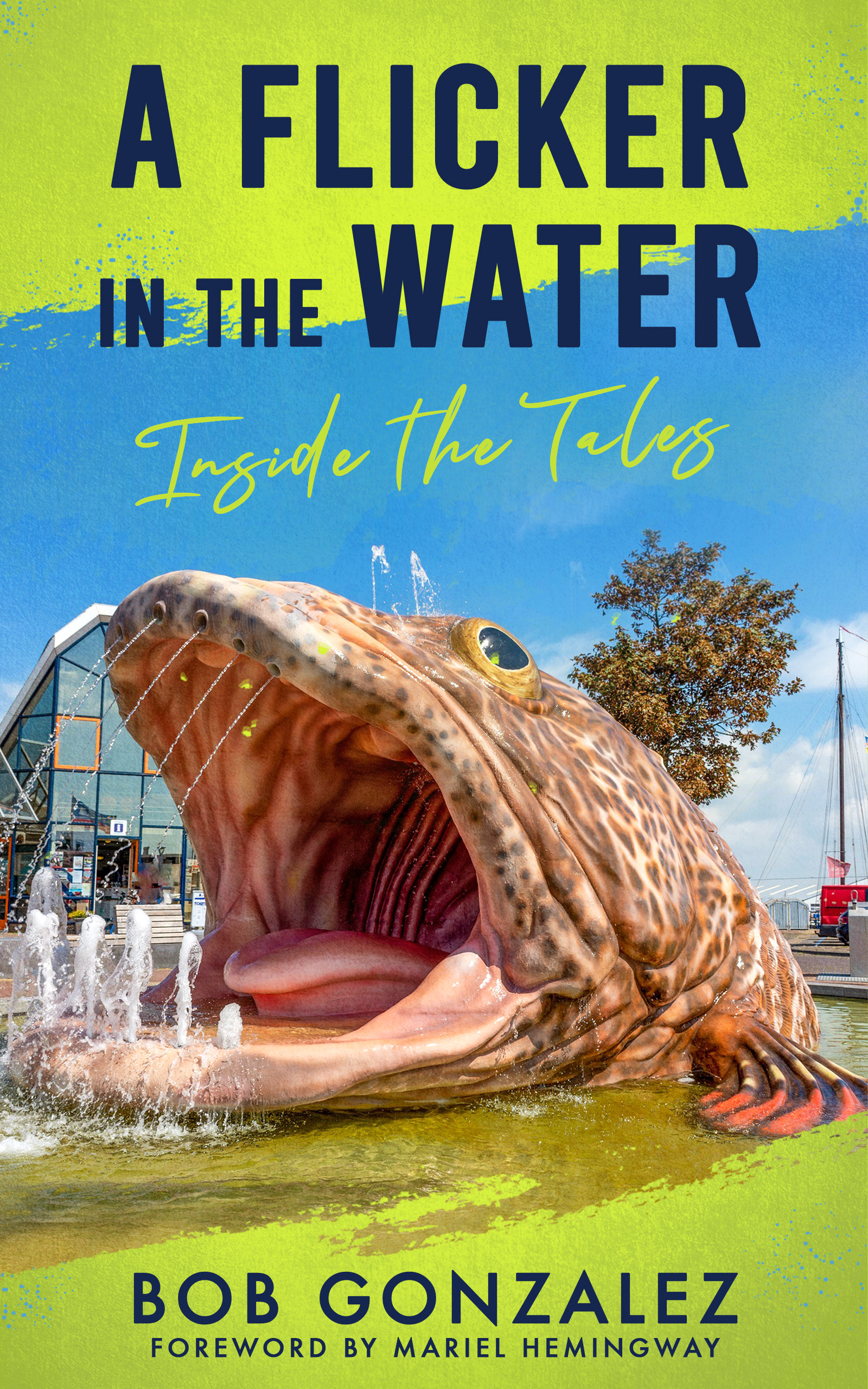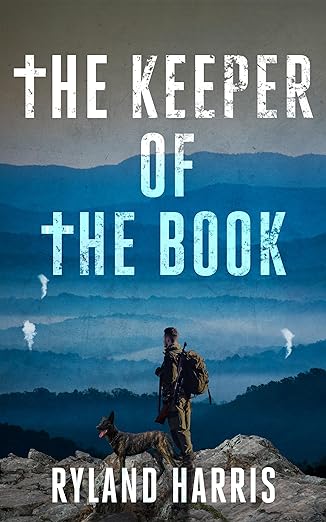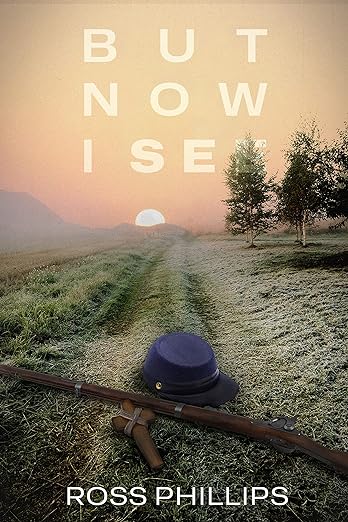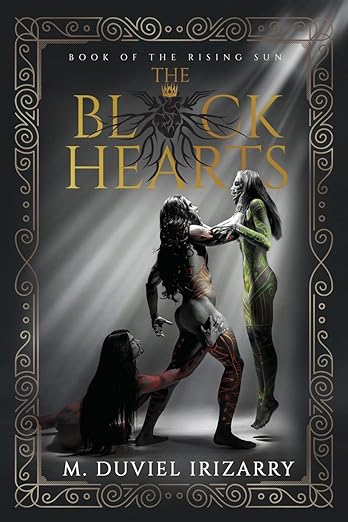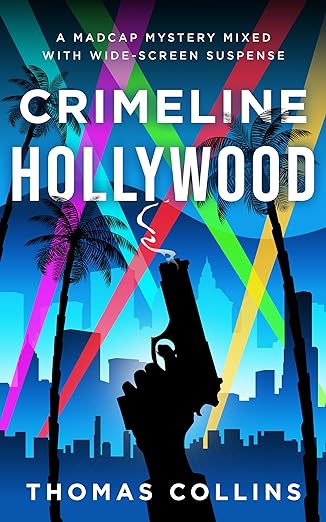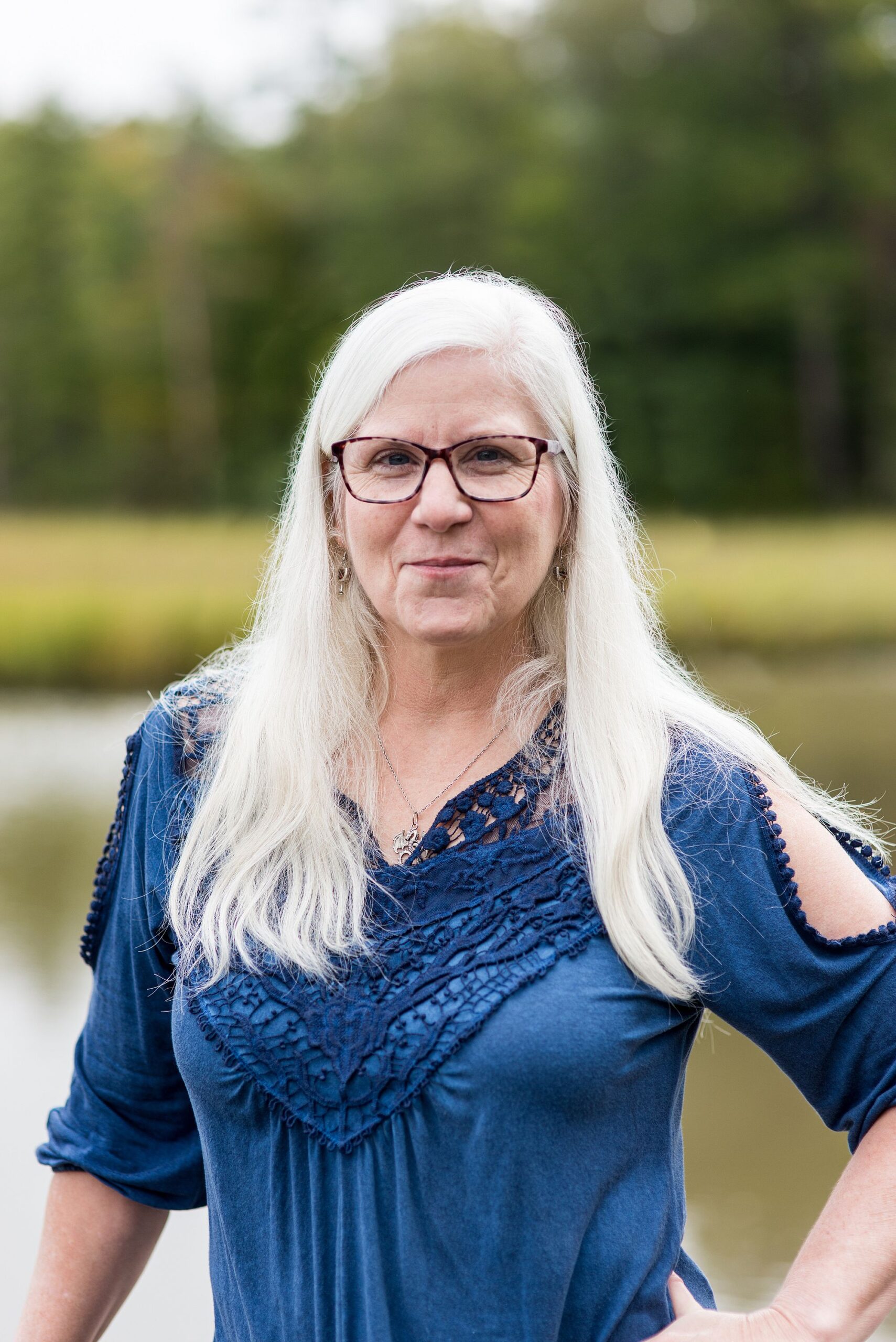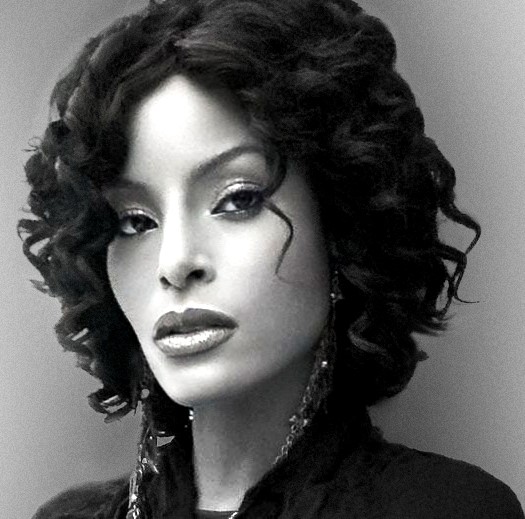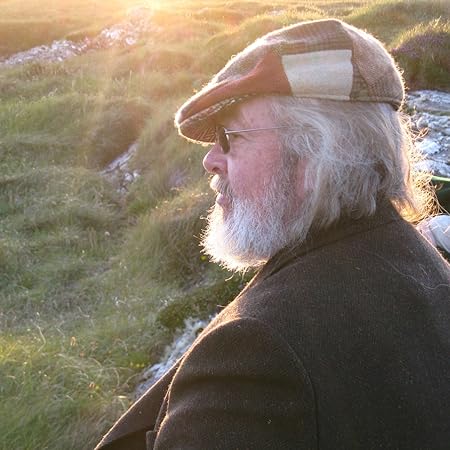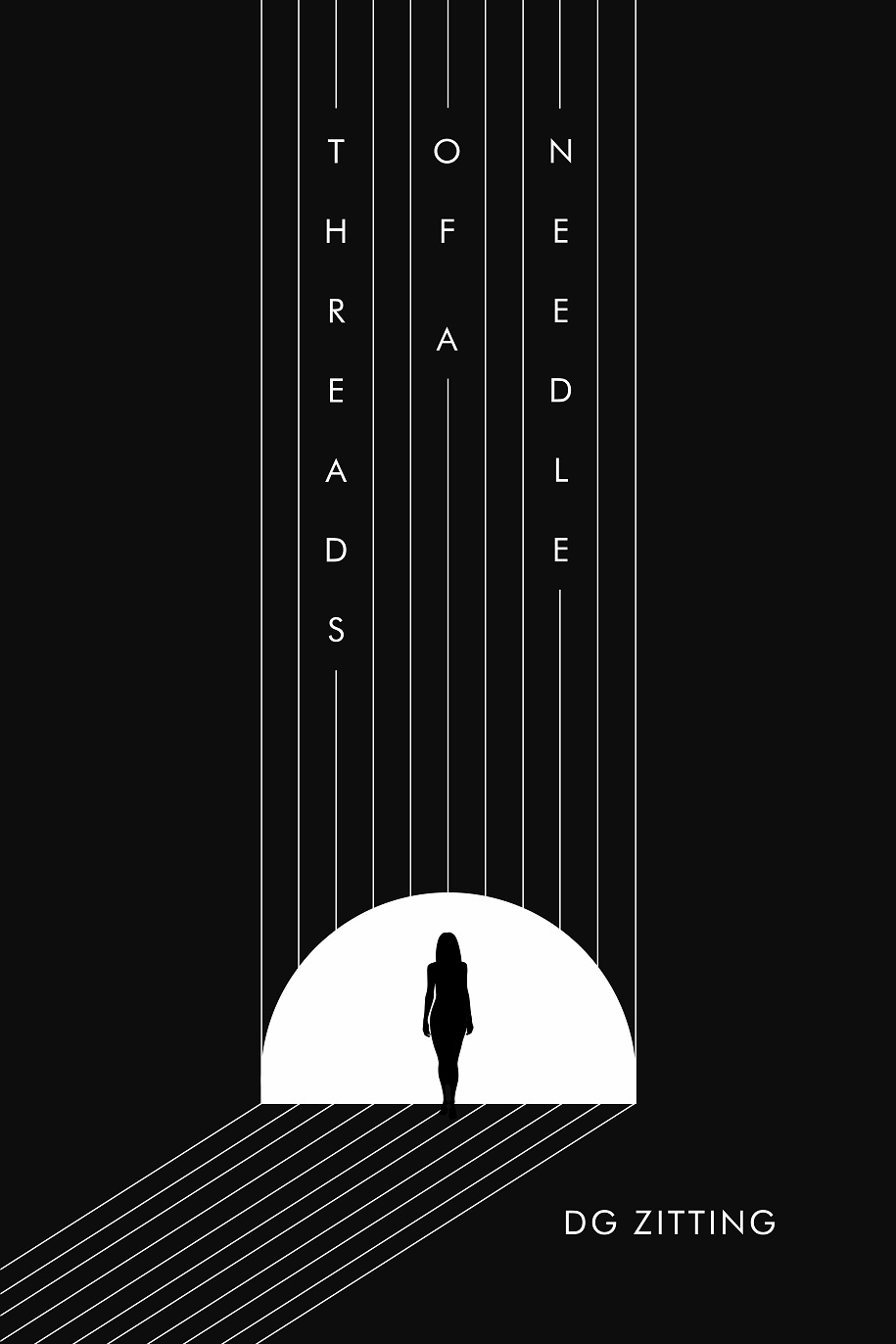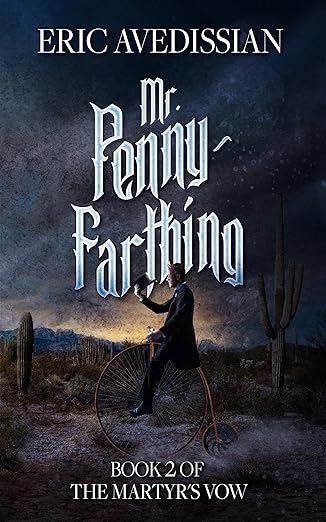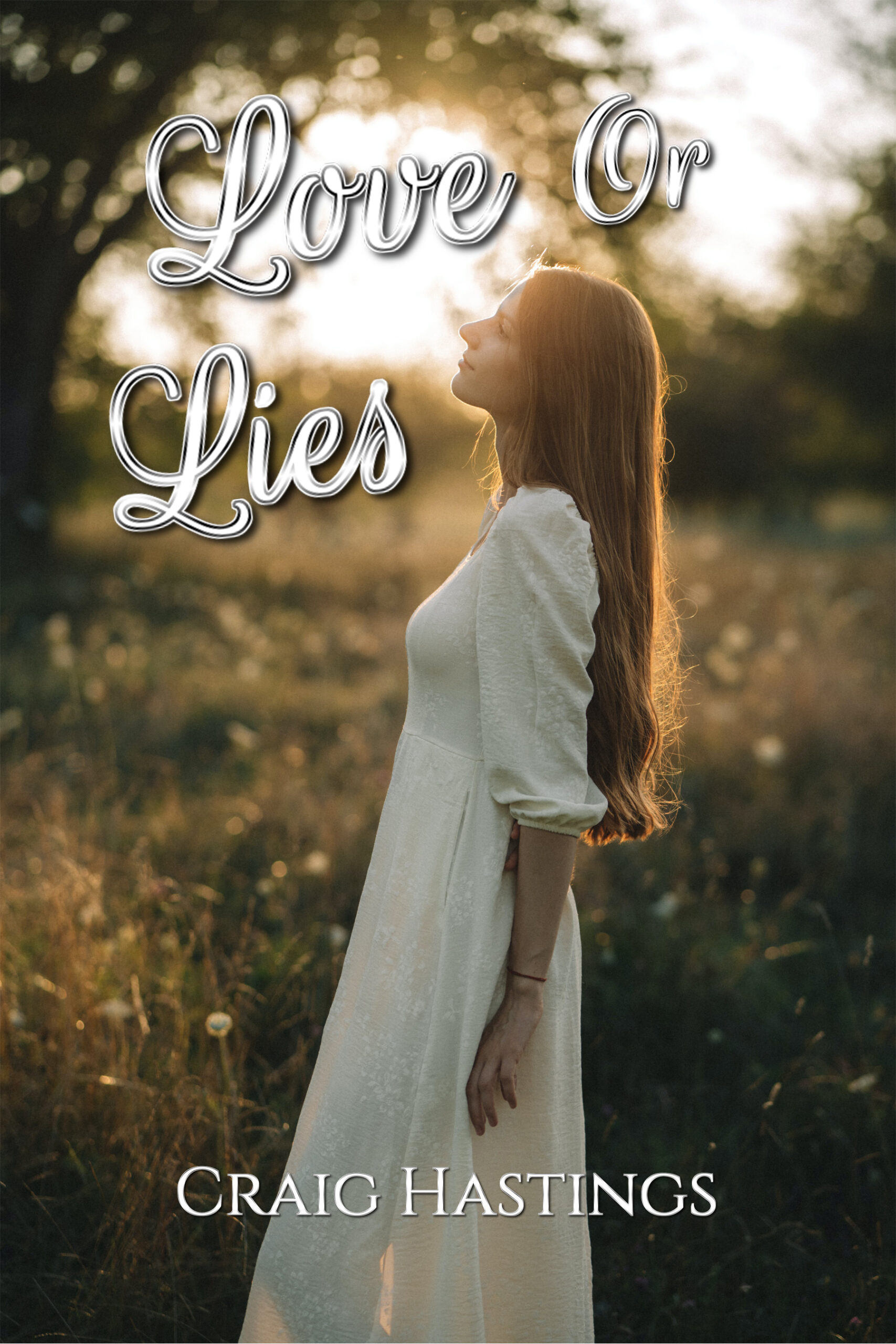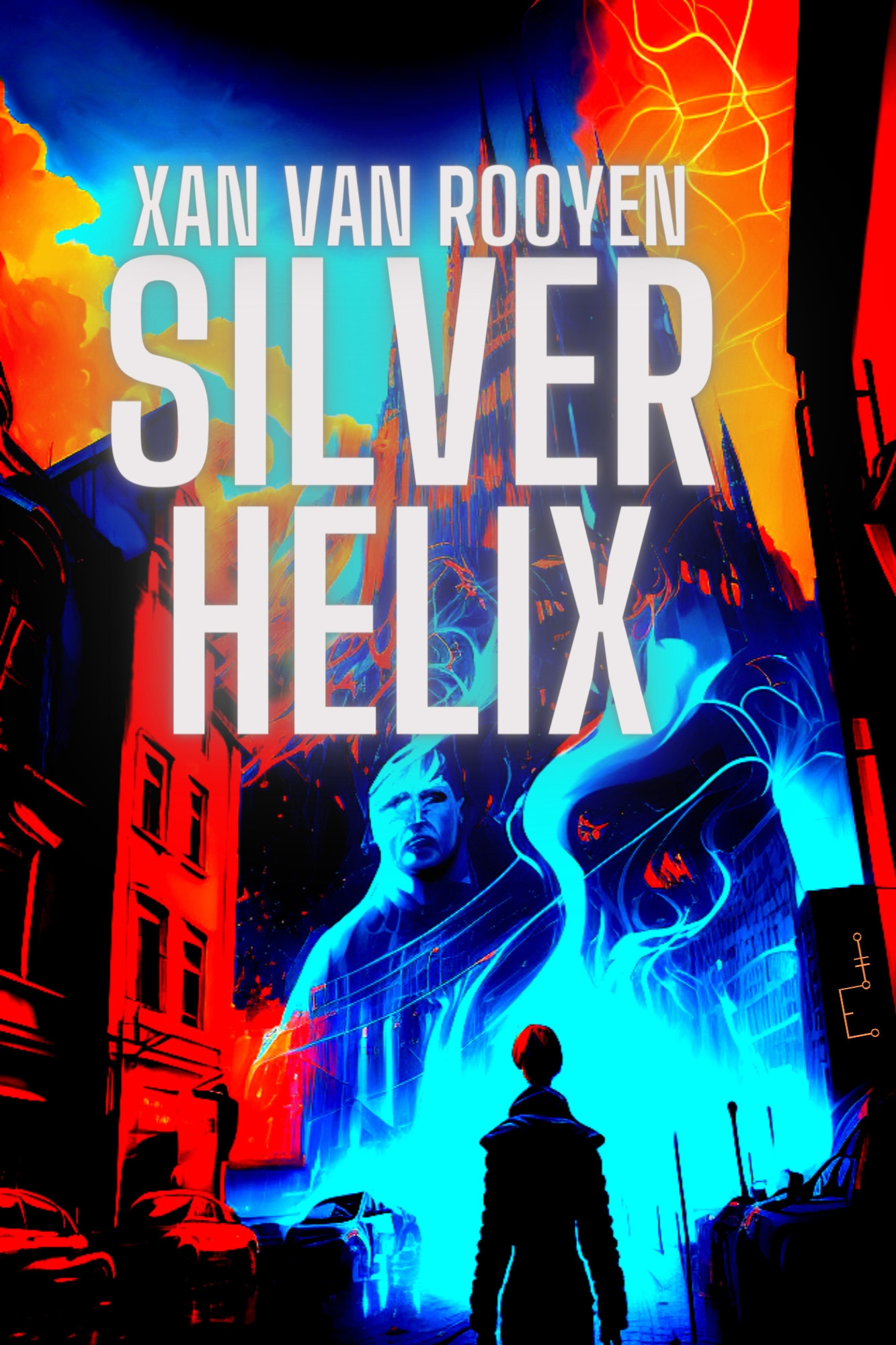We are delighted to introduce Bertrand Coruscare, the author of The Torch: Rising Darkness, who has joined us for an interview. Throughout the interview, we talk about Rising Darkness, book 1 in The Torch series. We talk genre, inspirations, and character writing. Rising Darkness is a sci-fi fantasy novel that follows the protagonist Lazerus. This read is on the dark side, touching on topics of war, the supernatural, and growing up through trauma. So, read on to learn a little more about Bertrand Coruscare and the first book in his dark fantasy series, The Torch: Rising Darkness!
How did you approach creating the world of The Torch: Rising Darkness? What were some key inspirations or influences?
It was really a combination of a lot of different factors. In its earliest stages, Rising Darkness was inspired by other books I’d read and movies I’d seen, such as Star Wars, Lord of the Rings, Harry Potter, just to name a few. From there, my own characters were birthed, and slowly, my own story began to form. Where originally there would be pieces directly taken from the stories I loved there formed my own, unique world, and gradually, the story took form.
Can you discuss any specific cultural or historical references woven into the world-building of the novel?
I made a point to be as ambiguous with the locations as possible, but, given the primary settings, I was influenced by large cities such as New York and technologically advanced metropolitan regions such as Tokyo. For the more rural locations, I drew from my home in the Pacific Northwest with some influences of the green landscapes of Western Europe.
The Torch blends elements of fantasy and science fiction. What challenges did you face in merging these genres, and how do you think it enhances the storytelling experience?
I would say the biggest challenge in blending these two genres was finding a balance. I never wanted this story to be mostly sci-fi with a bit of fantasy or mostly fantasy with a bit of sci-fi. Chiefly, I wanted it to be a character-driven story. Finding that balance was most difficult, as well as world building. There are really an infinite amount of possibilities any storyteller faces when world-building, and with a story that is both sci-fi and fantasy, the plethora of options only grows. And I do think it enhances the storytelling experience. With a genre-fusion, one is not bound by the restraints of a strictly fantasy story or strictly sci-fi story, so there is freedom for me as a writer and a sense of adventure and “what’s going to happen next” mindset for readers.
Were there any particular authors or works that inspired you to explore this genre fusion?
I wouldn’t say that any one author implemented such a genre fusion as I did, but there were authors from several different genres that I gathered inspiration from such as Tolkien, Lewis, the films of George Lucas, and many others.
Let’s talk about the protagonist of The Torch. What were your main objectives in crafting their character arc, and how did they evolve throughout the story?
With The Torch as a series, my intent was to create, one overarching narrative to explore each main character’s individual arcs, With Lazerus, as we meet him in Rising Darkness, he starts out as a young man, excited and eager to join the world he has grown up watching his late parents and close friends be a part of. He has a fairly traumatic past and is innocently clueless about a lot of what’s going on when we first meet him. The slow realization and sort of disillusionment, and with it, the maturity was what I strove to accomplish in this book.
Are there any secondary characters in the novel that you found particularly intriguing or challenging to write?
I particularly enjoyed writing the main antagonist and the king. They play big parts in the story, and their points of view are much larger and more knowledgeable than those of the young protagonists. They deal with heavier and more serious situations and even interact face to face. Both of them were very enjoyable to write.
The title, The Torch: Rising Darkness, suggests themes of light and shadow. Can you elaborate on the significance of these themes within the narrative?
Good and evil, and by extension, light and darkness play a very significant role in the story. There are very plainly defined forces of both sides, and I give detailed looks into both, particularly the people involved and the choices they make, the reasons for those choices, etc. It is my hope that readers will notice this and discern such themes in our world today and more than anything, be aware of what they are and the importance of making the right decisions.
Are there any other thematic elements or symbols in the book that you would like readers to pay attention to?
Pay attention to the torch itself. Given the title, it’s important. It plays a very minor role in this first book, but I am curious how people will take its small but nevertheless important appearances and how they think it will come into play in later books. And for other symbols, I think part of the fun is letting readers draw them out for themselves—we all read in ways unique to us, and what we see and draw from a story will be totally different than the next person.
The Torch delves into complex societal and political issues. How do these themes intersect with the plot, and what messages or commentary do you hope readers take away from the novel?
The story is told from multiple points of view, several of which are involved in politics—a king and his guard, are the main two. With these narrative stances I hope to highlight the differences in experience of a king and, say, a regular kid like the main protagonists. There is typically a divide in our society between these sorts of people, but in Rising Darkness, the king goes against the common narrative and interacts with “common” people as an equal, attempting to bridge such a societal gap.
War is also a chief focus in the story, and I examine it from many sides, ultimately showing how it is a lose-lose situation—always. It is complicated in our society, and it is complicated in the story. A big part of the narrative is how all these different characters from all these different walks of life deal with it and how it impacts them all uniquely and individually.
Did you draw inspiration from any real-world events or ideologies when exploring these themes?
I think I touched on this in the previous question, but the main ideological and societal discussions I drew from real-life experiences would be the dichotomy between those in power and everyday citizens, and the effects of war on the individual.
Without giving away spoilers, were there any plot twists or surprises in The Torch that you particularly enjoyed crafting? How do you balance foreshadowing with keeping readers guessing?
I won’t give away any plot twists here, otherwise they wouldn’t be plot twists. What I will say is this: I explore supernatural and spiritual elements in the story, but they often come up in unexpected ways through unexpected vessels. I am curious to see what readers think of them. And with foreshadowing, I tend to be very subtle, and when I use it, cryptic—so, providing enough to tip of a reader of something to come, while being completely ambiguous about what such a thing is.
How do you think these unexpected turns contribute to the overall impact of the story?
I think they contribute quite a bit. If someone read a story where they knew and expected everything that happened, what kind of story would that be? Our lives are the same way. With unexpected twists and circumstances and even more broadly, the unknown in general, I hope to craft a realistic and engaging story.
Have you had the opportunity to interact with readers since the release of The Torch: Rising Darkness? What have their reactions been like, and have any interpretations surprised you?
As it is still a relatively new and unknown book, I have not interacted with too many readers. However, the few that I have generally asked me when I am writing the next one and are eager to see what happens after where Rising Darkness leaves off.
Are there any common questions or discussions that arise from reader feedback?
Most often people discuss the characters. They are a wide, diverse group, so the specifics of the discussion vary from reader to reader.
Can you share some insights into your writing process for The Torch? Do you have any specific rituals or routines that help you stay focused?
I don’t have some special, magical writing process that always gets me going or makes the words flow magically from my brain onto the page. I typically plan out (the bare bones, key events) of the story and of the scenes I plan to write, and once I have that down, I can typically write each scene in order. Sometimes I let myself go along with the flow and see where it takes me, other times I stare at my computer screen for an hour with no words written. Though, one constant “ritual,” I suppose, would be having a warm drink, usually tea, while I write, as well as listening to soundtracks that fit the mood of whatever scene I’m writing.
What advice would you give to aspiring authors who are looking to embark on their own writing journey?
Just write it. Sitting down and committing is the hardest part, but once you make that leap, more often than not, you find yourself on the ground running, eager to write more each time.
Can readers expect more books set in the world of The Torch: Rising Darkness? What can you tease about future installments or spin-offs?
Readers can certainly expect more installments, perhaps even revisions. All I can say is that with each installment, the characters will find out more, the story will get bigger, the stakes higher, and the emotion, hopefully, more rife and raw as the characters truly take form.
Are there any storylines or characters from the first book that you’re particularly excited to explore further?
The main protagonist, Lazerus, has a very intriguing storyline ahead of him, as does the king. Those two, I am particularly eager for readers to see.
What do you hope readers ultimately take away from their experience with The Torch: Rising Darkness?
In all honesty, there is not one thing I hope readers take away from this story. But, it is my hope that they take away something—whether an attachment to a specific character that makes them feel seen or validated in some way, a certain experience they may feel no one understands, and at the very least, enjoyment—the satisfaction we all get from escaping into a story for a while. Whatever it is, I am simply grateful that someone has taken the time to read my story.
Is there anything else you’d like to share about the book or your writing journey that we haven’t covered yet?
I hope everyone enjoys this story and is eager for the future installments!
Find the Author
The Torch: Rising Darkness
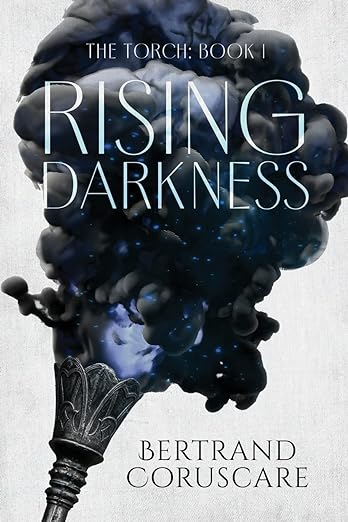 “He wanted more power, and more control. When I was with him, that seemed to be his main goal.”
“He wanted more power, and more control. When I was with him, that seemed to be his main goal.”
“What other power was there?”
“Oh, more than you could ever know.”
Bertrand Coruscare’s first novel, Rising Darkness, is the beginning of the epic The Torch series. Lover of the mysterious, the heroic, and the refined, he fills his days with dark stories, warm drinks, and a touch of sarcasm.
Bertrand resides in the Pacific Northwest, where he is pursuing a degree in English. He often wanders the ancient forests of imagination, guided by ambition, that azure flame.
